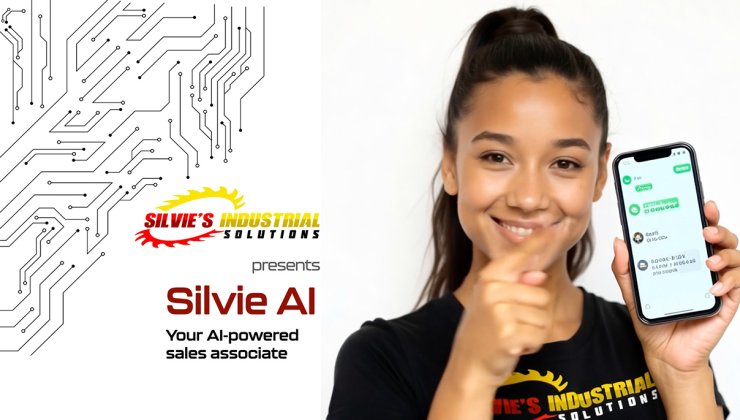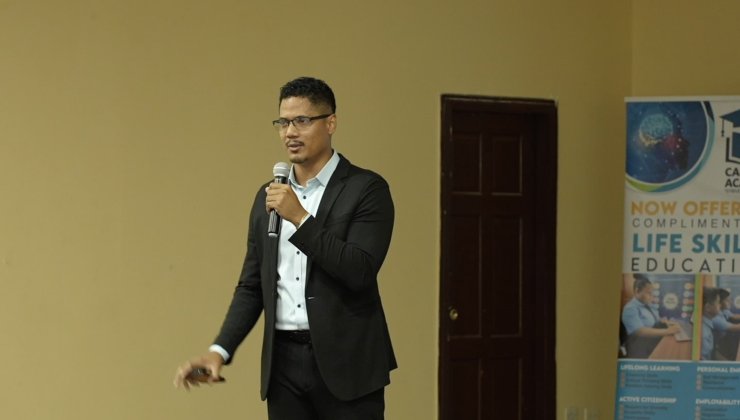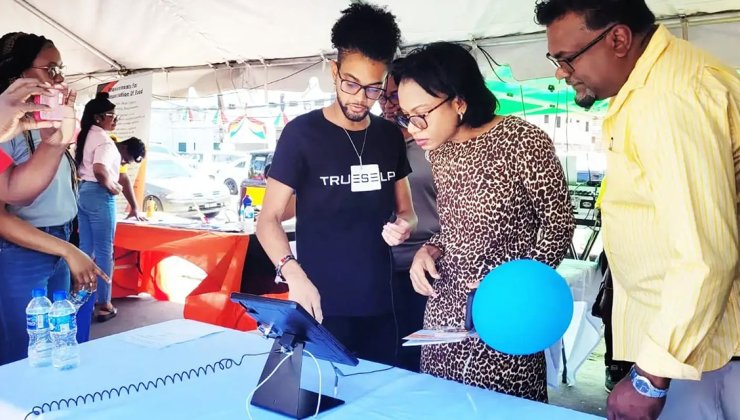If we can agree that our education system has traditionally aimed to produce those who can produce, then we must also recognize the inevitability of advancements in the tools that enhance their productivity. Today, we are witnessing the emergence of generative AI, a significant leap forward in this ongoing evolution. While these AI models grow increasingly sophisticated and powerful, the necessity for humans to think critically and solve problems remains unchanged and fundamentally human. Educating individuals to possess these essential cognitive skills will be the cornerstone mission of our education system for generations to come, regardless of technological advancements.
In the face of the shift brought about by generative AI, it is imperative that the education system goes back to formula. We cannot simply retrofit new, cutting-edge tools onto an outdated framework that predates these innovations. Instead, we must fundamentally redesign our educational approaches to integrate these advanced technologies appropriately while ensuring that the core objective of nurturing critical thinking and problem-solving skills is not only preserved but enhanced. This reevaluation is crucial to prepare future generations for the complexities and opportunities of an ever-evolving technological landscape.
Excerpted from my remarks from the panel discussion on the Use of AI Tools in Education: Implications for Academic Integrity organized by the University of Guyana's Centre of Excellence for Teaching and Learning (CoETaL) in collaboration with the Educational Onlining Support Services (EdOSSS).






